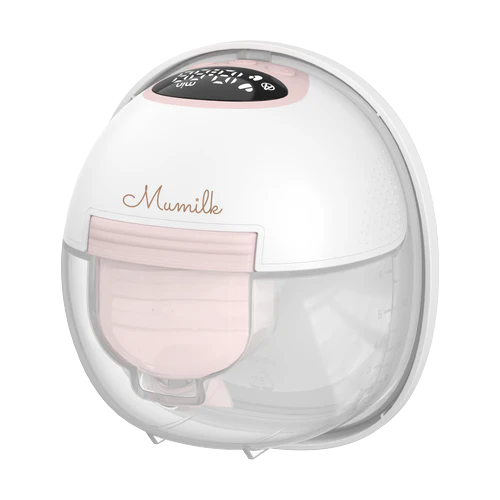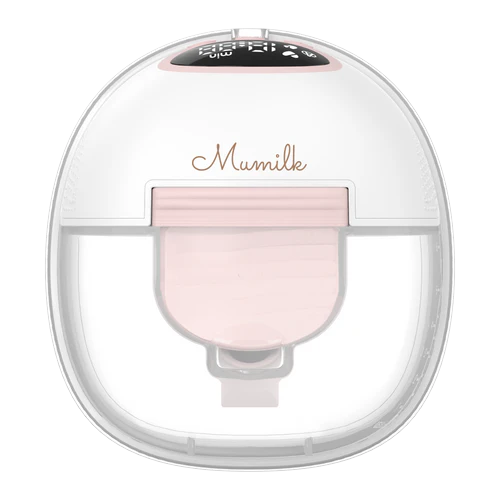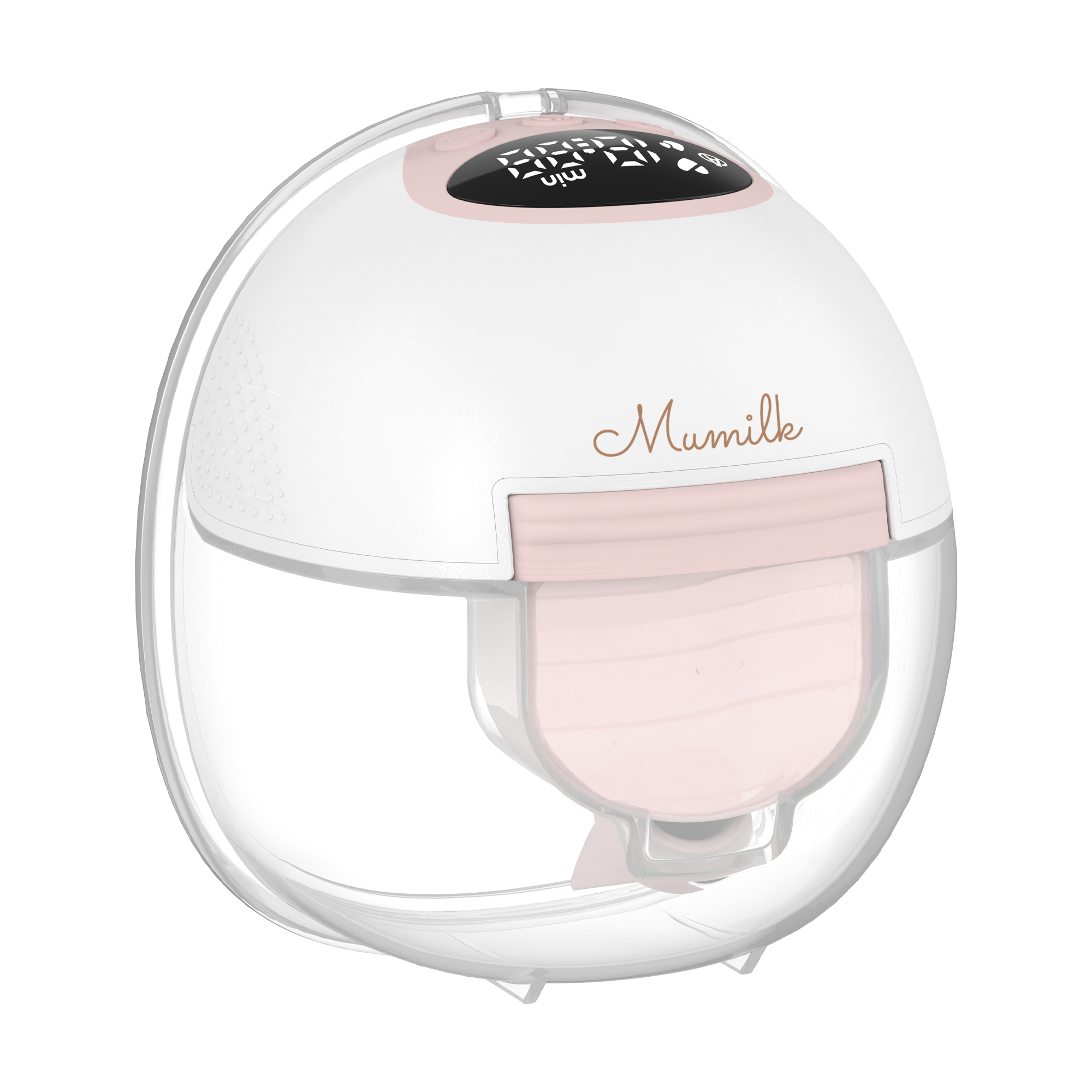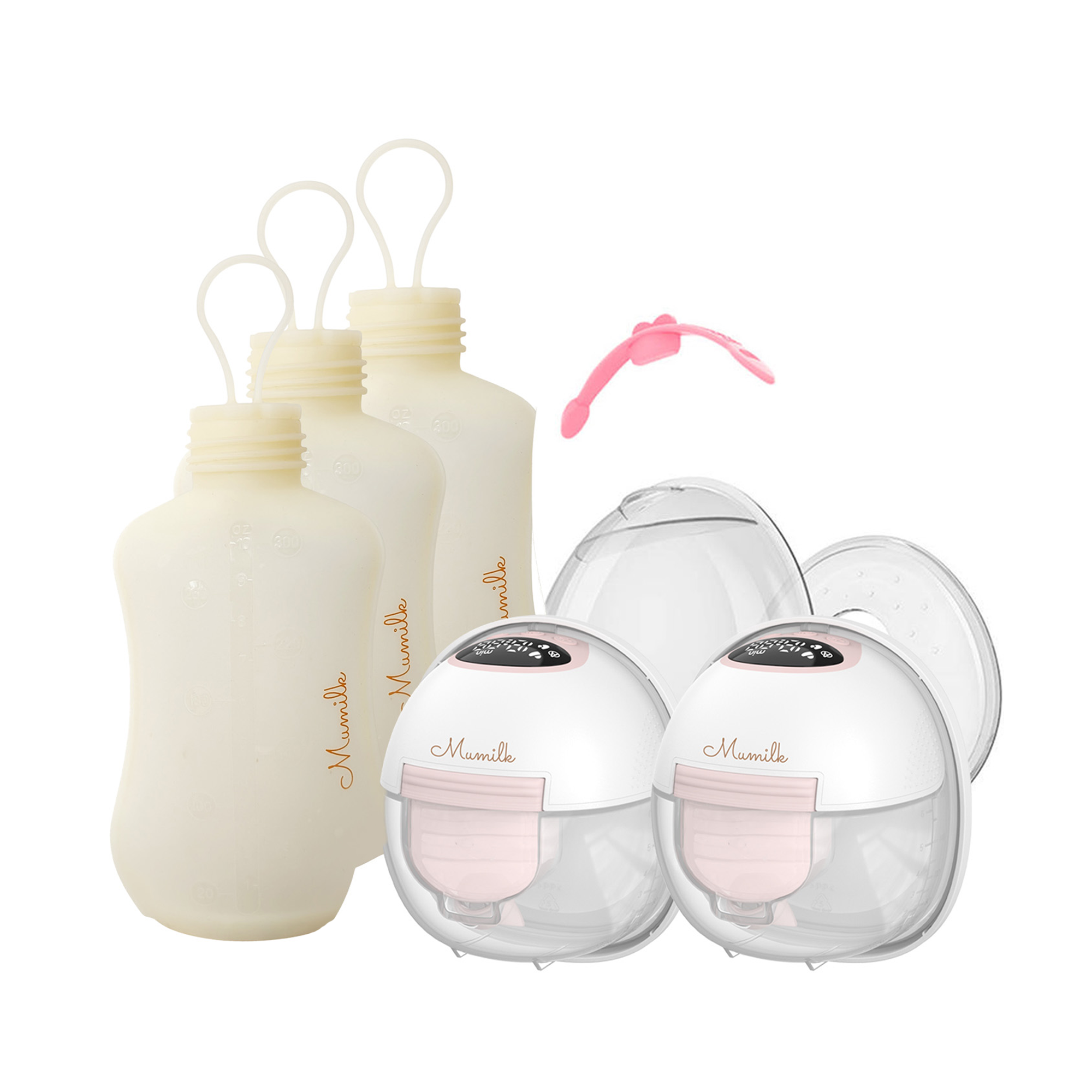Welcoming your little one into the world is an incredible journey, but it often comes with challenges, one of which is shedding those pregnancy pounds. It’s natural for your body to hold onto some extra weight during pregnancy to support breastfeeding and provide energy reserves. However, having excess weight can increase the risk of developing health problems such as diabetes, heart disease, and joint problems.
However, some mums believe that reducing calorie intake will automatically lead to weight loss and may also decrease milk production. The good news is that, with the right approach, you can achieve weight loss goals without compromising your baby’s milk supply. Here are some tips on how to lose weight while breastfeeding without affecting milk supply:

1. Focus on Nutrition
A balanced diet is the cornerstone of nutrition for breastfeeding mums. Focus on a diet that includes adequate calories, protein, calcium, iron, and vitamins so you can support your body’s recovery from childbirth, promote healthy weight loss, and ensure optimal milk production for your baby.
Eating lower-carb foods may help you lose weight faster. However, it’s essential to ensure that you’re consuming at least 1,800 calories per day while breastfeeding to maintain your milk production and energy levels. [1] For women aged 19 to 50, these are the recommended daily calories depending on their lifestyle:
- Active lifestyle: 2,650 to 2,900 calories per day
- Moderately active lifestyle: 2,450 to 2,700 calories per day
- Sedentary lifestyle: 2,250 to 2,500 calories per day
After determining your daily calorie target, make sure that most of your calories come from nutrient-rich foods that can also help maintain your milk supply, such as:
- Fruits and vegetables
- Whole grains
- Lean protein
- Nuts and seeds
It’s best to also avoid or limit these foods and beverages when breastfeeding:
- Alcohol
- High-mercury fish (king mackerel, marlin, shark, swordfish, tilefish)
- Coffee and tea
- Peppermint, parsley, and sage
2. Establish a Feeding-Friendly Exercise Routine
Once your doctor has permitted you to exercise, gradually ease back into working out by doing gentle to moderate routines. Doing postnatal exercises not only can promote weight loss but also:

- Help restore muscle strength and endurance
- Reduce fatigue
- Improve heart health and regain muscle power
- Train your core muscles
- Enhance your mood, reduce stress, and help prevent postpartum depression
Six weeks postpartum is when most of the body changes that occurred during pregnancy have reverted to normal. However, it’s best to remember that your lower back and core abdominal muscles are not as strong as they used to be, and your ligaments and joints are more vulnerable, especially with excessive stretching or twisting. [2]
Here are some exercises you can do:
First few weeks postnatal:
- Walking
- Pelvic floor exercises
- Deep abdominal/core training
Six weeks postpartum:
- Lightweight gym programs
- Swimming and aqua aerobics (once bleeding has stopped)
- Low-impact aerobic workouts
- Yoga
- Pilates
Once you’re on week 12 to 16 postpartum, you can do higher-impact exercises such as running and sports. However, it’s best to talk to your doctor for further recommendations or cautions before starting any exercises.
3. Stay Hydrated
One study found that people lost more weight when they drank water instead of high-calorie alternatives such as soda. [3] This suggests that drinking more water instead of high-calorie beverages helps support a healthy metabolism and promotes satiety, both of which are important factors in achieving and maintaining a healthy weight.

For breastfeeding mums, experts recommend having 16 cups of water per day. Drinking a large glass of water after every feeding session can also help replenish the fluid the body uses to produce milk. Fresh water is best for hydration as it doesn’t contain kilojoules or calories.
4. Snack Smart
Snacks can help bridge the gap between meals and prevent excessive hunger, which can lead to overeating later on. Breastfeeding requires extra energy, so choose snacks that offer a steady source of fuel, including:
- Protein
- Fibre
- Healthy fats
- Complex carbs
Apart from being mindful of what to eat, it’s also important to consider when you eat your snacks. Eating one to two snacks a day every three to five hours can help maintain your blood sugar levels, which is crucial for sustaining energy levels and preventing energy crashes throughout the day.
Studies show that women who consume a 190-calorie snack after breakfast at 10am burn more fat than those who eat snacks in the evening. It is also found that having light snacks can help you eat less at mealtimes. [4]
One recommendation of an ideal light snack for breastfeeding mums combines high-fibre food with a high-protein ingredient. Food combinations such as apple and peanut butter or string cheese and whole-grain crackers can help you manage your hunger and cravings in between meals.
5. Get Adequate Sleep
Research found that lack of sleep after giving birth can have detrimental effects such as higher levels of depression or anxiety, increased risk of postpartum depression (PPD), fatigue, and a decrease in milk production. [5] Sleep deprivation also contributes to increased hunger and appetite, which may make it more difficult for mums to lose weight.
In one study about the relationship between breastfeeding and sleep duration, sleeping for 6 hours per night is classified as "normal sleep duration," while 6 hours less is labelled as "short sleep duration." This suggests that shooting for at least 6 hours of sleep per night should be the goal to ensure adequate rest.

To get a good night’s sleep, here are some tips you can follow:
- Nap when your baby naps. Even short breaks can help alleviate fatigue and improve alertness.
- Pump at least once a day with wearable breast pumps for an extra milk supply. By having a prepared bottle of breast milk for your baby, you can skip some breastfeeding sessions and let someone else feed your little one, earning you extra time for rest.
- Prioritise self-care and take breaks whenever possible.
- Don’t hesitate to accept and ask for help from loved ones. Openly communicate with your partner about your sleep needs and work together to find solutions that allow both of you to get enough rest.
6. Seek Support Systems and Professional Guidance
As you navigate your postpartum journey, connecting with other mums who are on a similar path can provide a sense of camaraderie and a better understanding of your situation as a breastfeeding mum. Sharing your goals and progress with a supportive community can also keep you accountable and motivated on your weight loss journey.
If nothing seems to be working despite your best efforts, seeking advice from healthcare professionals such as dietitians and lactation consultations may help as they can provide you with personalised guidance. These experts can offer evidence-based recommendations for achieving your weight loss goals while maintaining your breast milk supply, ensuring that you prioritise both your and your baby’s health.
7. Monitor Progress and Adjust as Needed
Losing weight while breastfeeding requires careful monitoring and adjustments to ensure the health of both you and your baby. By setting realistic goals and tracking your progress, you can achieve sustainable weight loss goals while also ensuring healthy milk production.

Here are some tips to help you with your weight loss journey while breastfeeding:
- Be specific and realistic in your goals, whether it’s to hit a certain weight, improve your fitness level, or establish healthier eating habits.
- Shift your focus away from the numbers and prioritise your health and well-being. Aim to nourish your body with nutrient-rich foods, stay active, and prioritise self-care to support overall wellness.
- Track your weight loss progress regularly, whether weekly or monthly. Additionally, keep a journal of your breastfeeding patterns, including frequency, duration, and any issues or concerns you may encounter.
- Pay attention to your body’s cues and notice any changes in your energy levels, mood, hunger, and satiety.
- Regularly evaluate your progress and assess whether your current diet and exercise plans are helping you achieve your goals. Make the necessary adjustments if you’re not seeing your desired results.
Taking A Mindful Approach to Postpartum Weight Loss
In embarking on your weight loss journey, keep in mind that as much as it took time to put the baby weight on, losing it is going to take time, too. There’s no fastest way to lose weight while breastfeeding—don’t rush and put unnecessary pressure on yourself. Focus on making gradual, sustainable changes to your diet and exercise habits, and be patient with yourself as you work towards your weight loss goals while providing nourishment for your little one.
FAQ:
1. Can you safely lose weight while breastfeeding?
Yes, but only through careful monitoring of your diet and ensuring that you maintain a balanced intake of nutrients that support both your own health and the needs of your baby. Consult with your doctor or registered dietitian for a personalised plan that accounts for your nutritional requirements and ensures that your baby is receiving nourishment through breastfeeding.
2. Does fasting affect breastfeeding?
Fasting can potentially affect breastfeeding, particularly if it leads to inadequate calorie intake or dehydration. Research suggests that during fasting, women may not consume enough macro- and micro-nutrients to support their milk production. Additionally, much of your daily fluid intake comes from the food you consume. Reducing the amount of fluids you take in while fasting can potentially reduce your milk production as well.
3. How to do intermittent fasting for weight loss while breastfeeding?
Generally, women might find 14- to 15-hour fasting windows more beneficial than other intermittent fasting methods. However, note that there’s not enough scientific evidence that supports these recommendations also applies to breastfeeding mums. Make sure to discuss this with your doctor before doing any fasting regimen.
4. Can you be in a calorie deficit while breastfeeding?
While it’s possible to be in a calorie deficit while breastfeeding, it’s essential to approach it cautiously and ensure that you’re meeting both your and your baby’s nutritional needs. Drastically reducing calorie intake may result in difficulty obtaining sufficient nutrients and may lead to feelings of hunger and exhaustion.
While it’s possible to be in a calorie deficit while breastfeeding, it’s essential to approach it cautiously and ensure that you’re meeting both your and your baby’s nutritional needs. Drastically reducing calorie intake may result in difficulty obtaining sufficient nutrients and may lead to feelings of hunger and exhaustion.
References:
- https://www.nichd.nih.gov/health/topics/breastfeeding/conditioninfo/calories
- https://www.betterhealth.vic.gov.au/health/healthyliving/postnatal-exercise#the-benefits-of-postnatal-exercise
- https://pubmed.ncbi.nlm.nih.gov/31657610/
- https://pubmed.ncbi.nlm.nih.gov/23174861/
- https://www.ncbi.nlm.nih.gov/pmc/articles/PMC9468784/












Share:
Are Breastfeeding Supplements Effective? How to Choose What Works
What is High Lipase Breast Milk & How Does It Affect Your Baby?